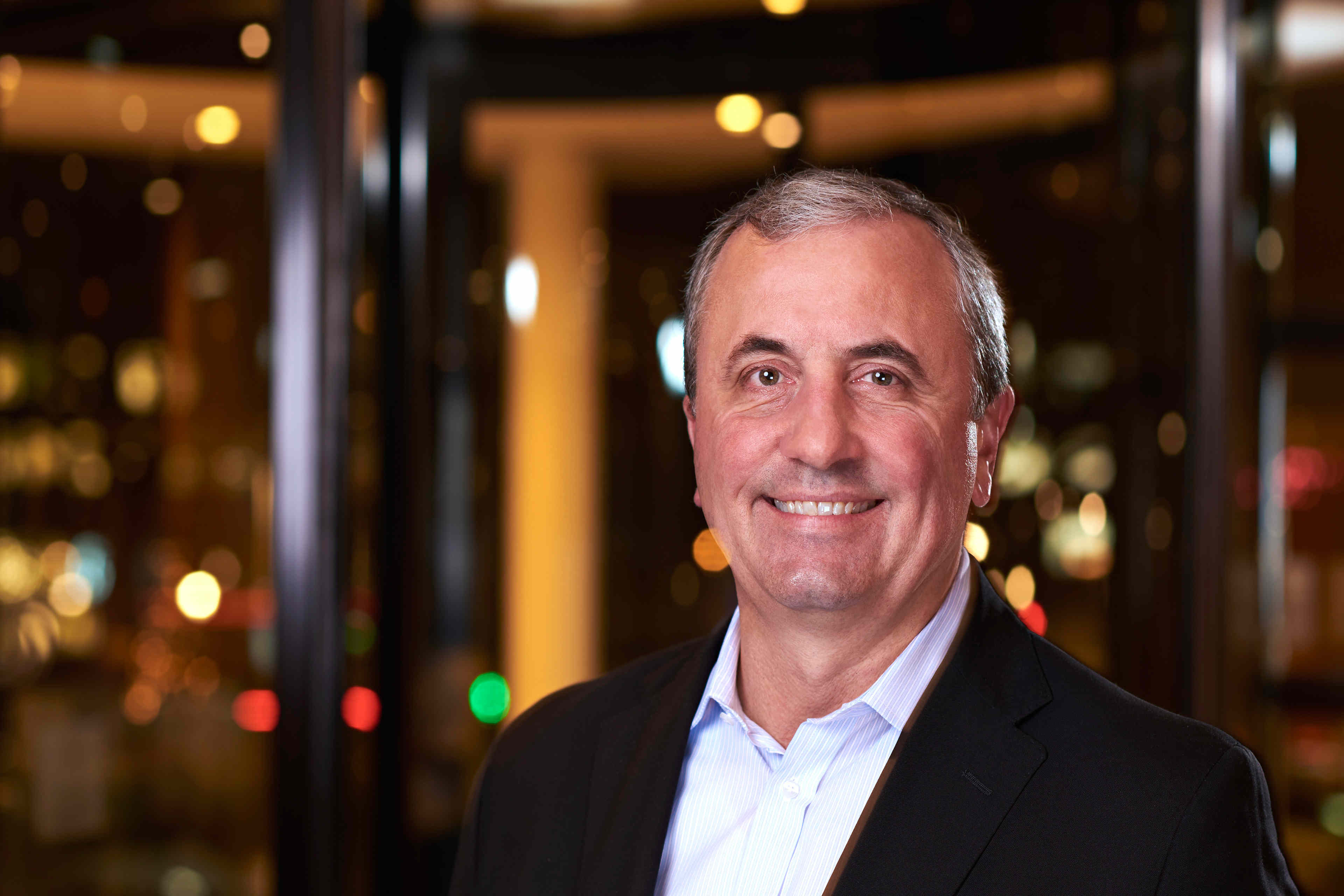EY refers to the global organization, and may refer to one or more, of the member firms of Ernst & Young Global Limited, each of which is a separate legal entity. Ernst & Young Global Limited, a UK company limited by guarantee, does not provide services to clients.
How EY can help
While the global economic outlook will likely remain challenging in the months ahead, there are reasons to expect positive developments on a longer time horizon, as CEOs continue to adapt their strategies to navigate the impacts of inflation, central bank interest rate increases and the war in Ukraine.
The January 2023 EY CEO Outlook Pulse survey, which includes 390 responses from European CEOs, finds that while 98% of respondents are expecting a global recession, a majority of European CEOs (52%) expect this to be temporary and not a persistent one. This is a greater percentage than CEOs globally (48%) and points to more long term optimism for the global economy amongst European CEOs.
While recessions in European markets were likely inevitable due to uncertainties driven by inflation and the energy crisis, there has been some respite in the form of fading pressures from energy prices and other costs, improvement of manufacturing activity and easing of supply chain pressures. According to the latest forecast from Consensus Economics1, the risk of a severe recession lingering over the European Union (EU) has diminished, with several factors contributing to the improved outlook. Those include security of the EU’s gas supplies, automotive production within the Eurozone exceeding expectations, and European governments providing strong fiscal support to address high energy prices, high inflation and cost-of-living crises.
From the survey, 47% of European respondents agree that this recession will be different from previous slowdowns. The recent crisis is more driven by myriad geopolitical challenges and ongoing fallout from the COVID-19 pandemic, compared with previous recessions primarily being driven by financial and credit market factors. Many CEOs are acknowledging this difference and are aware that they need new and sustainable approaches to build the resilience required in these uncertain times.





